9 Core Competencies for Creative Teams

Last fall, Stefan and I had fun collaborating on designing a simulation to run with applicants to an internally-sponsored accelerator program at a large, multinational corporation with thousands of employees.
The four-hour simulation, which we facilitated with final-round applicants on-site, gave those accelerator applicants a format to demonstrate their creative teamwork skills live in front of the selection committee. During the course of the simulation, applicants had a chance to show their skills from start to finish of the product creation life cycle.
To help the accelerator program selection committee evaluate applicant readiness for the creative collaborativeness of an accelerator, we developed a scorecard where evaluators could take note whenever especially positive behaviors were demonstrated during the simulation.
Thinking about the skills most helpful to have when immersed in the uncertainty, pressure, creative mindset and high collaborativeness of new product work, we defined 9 Core Competencies across 3 key domains of human-centric, team-based work. The scorecard was designed to record how applicants did in these areas:
Domain 1: CUSTOMERS
Competency 1: Connect
Competency 2: Understand
Competency 3: Inspire
Domain 2: INNOVATION
Competency 4: Ideate
Competency 5: Make
Competency 6: Test
Domain 3: COLLABORATION
Competency 7: Include
Competency 8: Spar
Competency 9: Join
Applicants scored points anytime they demonstrated behaviors in any of these areas.
If you’re like many of us, you crave accurate reflection from people who really see you in action, on the skills that really matter for your creative, collaborative product work.
We at #PoDojo have been pondering how we can support our workshop graduates and others in the community to get feedback so they can continue to grow, learn and develop human-centric, creative collaboration skills.
So we’re now sharing these 9 Core Competencies for Creative Teams (we’ve adapted the scorecard itself into Personal Feedback Cards you can use in-team, to be shared in the next post!)
Domain 1: Customers

Have I mastered mind-melding with my audience?
Connect: I can connect with customers, make them feel at ease. I’m likable, easy to engage with. I form a connection that makes customers want to talk, makes them feel interested and important.
Understand: I’m able to empathize with customers, understand their point of view, find out whether my understanding of customers’ point of view is right. I get to the essence of customer experiences and convey that understanding to customers through mirroring and questions, sensitivity and awareness.
Inspire: I’m able to ignite interest and excitement in customers, by showing personal enthusiasm, helping them see why they should care about the problem and the solution. I present my vision clearly and powerfully, and I use attraction more than promotion (drawing customers in through customer curiosity or passion versus pushing my own point of view to them).
Domain 2: Innovation

Have I mastered the creative process? Ideate: I am capable with brainstorming processes, additive and associative. I stay in the dreaming phase without going into critique or practicality too soon. I have fun, play, explore, and don’t need to know the outcome before I’ve finished ideating. I understand the importance of framing the problem space correctly before coming up with solutions. I am inclusive.
Make: I’m comfortable moving out of ideation, getting practical and active, jumping into materials and building. I understand that building helps a person discover, learn, validate, and ideate more. I understand the purpose of prototyping and I am experimental, fine with using first drafts to find out more. I do not overly seek perfection or polish.
Test: I am willing to move out of the making phase before making is totally done, to make sure my prototype fits with customer need. I am able to receive feedback, happy to correct assumptions and pivot. I enjoy embracing reality and finding out whether what I assumed and what I made based on that assumption actually fit the problem. Not attached to doing it right, I readily drop ideas that don’t turn out to work.
Domain 3: Collaboration
Have I mastered co-creating with others?
Include: I understand that good ideas can come from anywhere and so, I want to hear the input and ideas of all teammates. I engage, encourage and involve my teammates. I am sensitive to different personalities. I solve creative and team problems additively, by including all perspectives and looking to understand why each perspective exists, versus choosing a perspective or person to win out too soon. I seek to decide based on input from all, and I understand that no individual holds the full truth alone.
Spar: I balance directness and clarity with respect, share what I am wanting and why by connecting it to what the benefit to the project is. I listen to understand what others are wanting and why, responding based on benefit to the project. I am genuinely interested in finding the best solution for all. I communicate clearly and respectfully, give constructive feedback about ideas and not about personalities. I am able to know when to decide in favor of moving forward, when to argue and when to let it go.
Join: I am willing to forego my own views and preferences when it makes sense to, for the greater good of the project. I support others, support the best ideas, relinquish personal credit and role when required by the shifting needs of the project. I fully embrace the direction of the group, involve myself in making other people succeed.
In our next post we’ll share a PDF with the cards and our experiences playing with the tool.

